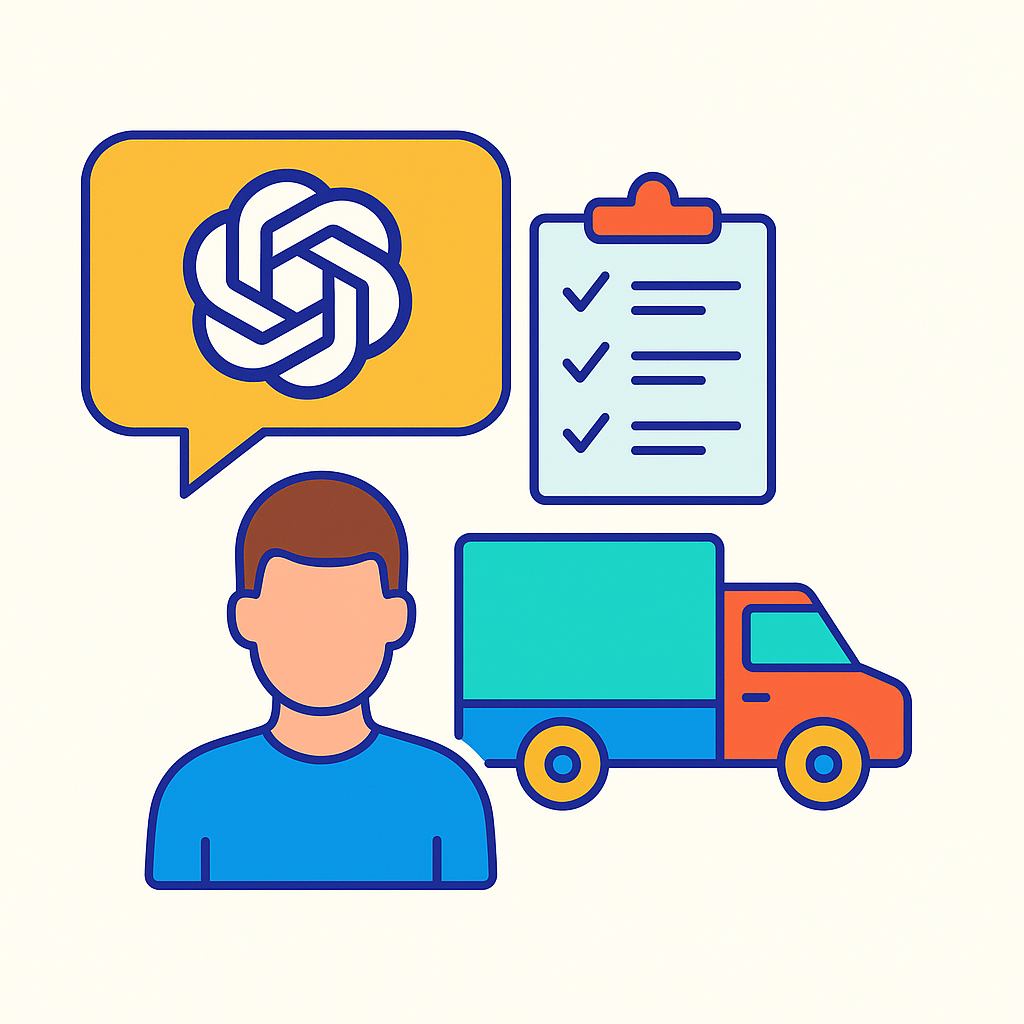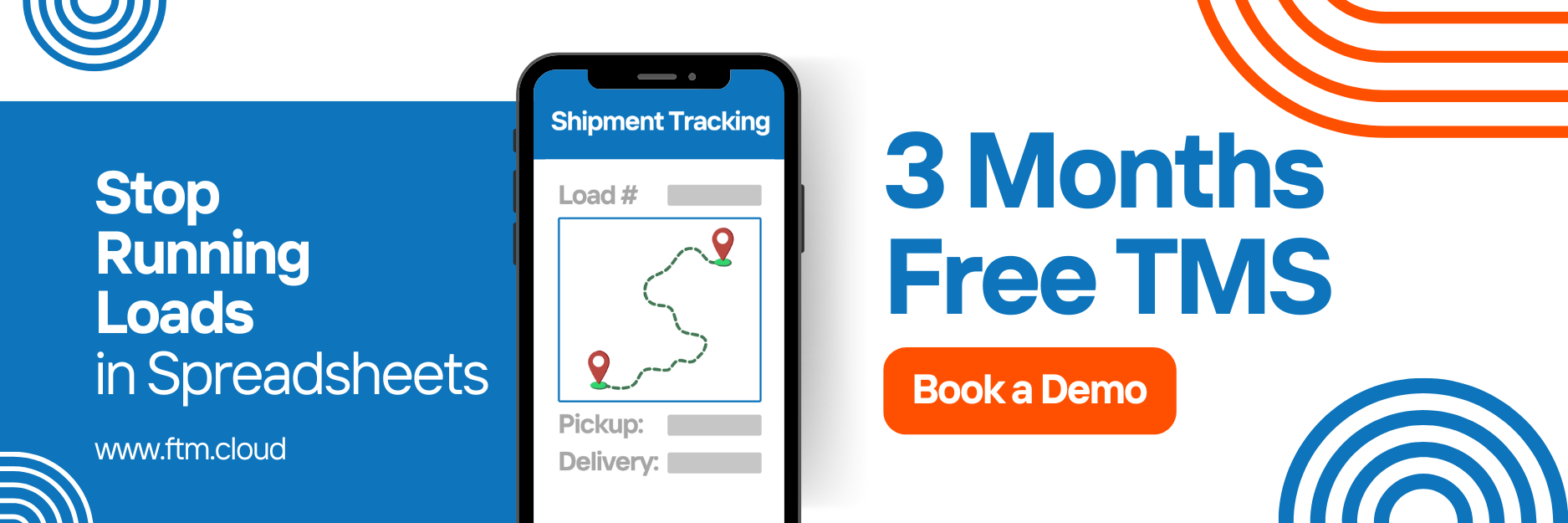Logistics isn’t getting easier. Carriers today face rising fuel costs, tighter regulations, and customer expectations that seem to grow every week. Add driver shortages and unpredictable disruptions to the mix, and it’s no wonder many teams feel stretched thin.
But there’s good news: AI tools like ChatGPT can act as a problem-solving assistant right at your fingertips. When used with the right prompts, carriers can cut through daily challenges, save time, and find fresh solutions that might otherwise take hours of research.
This article explores ChatGPT prompts every carrier should use to solve logistics challenges with examples you can try immediately.
Why Carriers Should Experiment with AI Prompts
Think of ChatGPT as a brainstorming partner. Instead of replacing human expertise, it gives you faster ways to analyze situations, generate ideas, and simplify communication. For carriers, that means support in three big areas:
- Efficiency: Automating repetitive tasks like drafting emails or creating driver communication guides.
- Clarity: Turning complex logistics data into easy-to-digest summaries.
- Problem-Solving: Offering alternative approaches when disruptions occur.
ChatGPT Prompts Every Carrier Should Use to Solve Logistics Challenges
1. Route Optimization and Delays
Prompt: “Give me three alternative trucking routes for shipments from Dallas to Chicago, considering current traffic and fuel efficiency.”
This helps carriers reduce wasted miles and anticipate bottlenecks.
2. Driver Retention Insights
Prompt: “What are 5 low-cost ways to improve truck driver satisfaction and reduce turnover?”
Carriers can use the answers to create quick action plans that strengthen retention efforts.
3. Customer Communication Made Simple
Prompt: “Write a short, professional email explaining a one-day delivery delay to a customer.”
Instead of stressing over wording, ChatGPT can draft clear, empathetic messages that protect relationships.

4. Compliance and Safety Check
Prompt: “Summarize the latest FMCSA hours-of-service rules in plain language for drivers.”
Carriers can turn dense regulatory text into practical driver updates without hours of manual review.
5. Market Trends and Pricing
Prompt: “What logistics trends should carriers in North America watch in 2025?”
This is a quick way to stay updated on what’s coming, without digging through endless articles.
Best Practices for Using Prompts Effectively
To get the best results, keep these tips in mind:
- Be Specific: The clearer your request, the better the output.
- Add Context: Include details like routes, equipment types, or customer concerns.
- Iterate: Don’t settle for the first answer, ask follow-ups to refine results.
Remember, ChatGPT is only as good as the prompts you give it.
Read more: How AI is driving the transportation and logistics industry forward
Final Words
The challenges in freight and logistics aren’t slowing down. But carriers who use smart tools like ChatGPT prompts can turn complexity into clarity. Whether it’s keeping drivers engaged, planning more efficient routes, or managing customer expectations, AI can be a partner in solving everyday problems.
Start experimenting with ChatGPT today and discover how the right prompts can give your fleet an edge.

